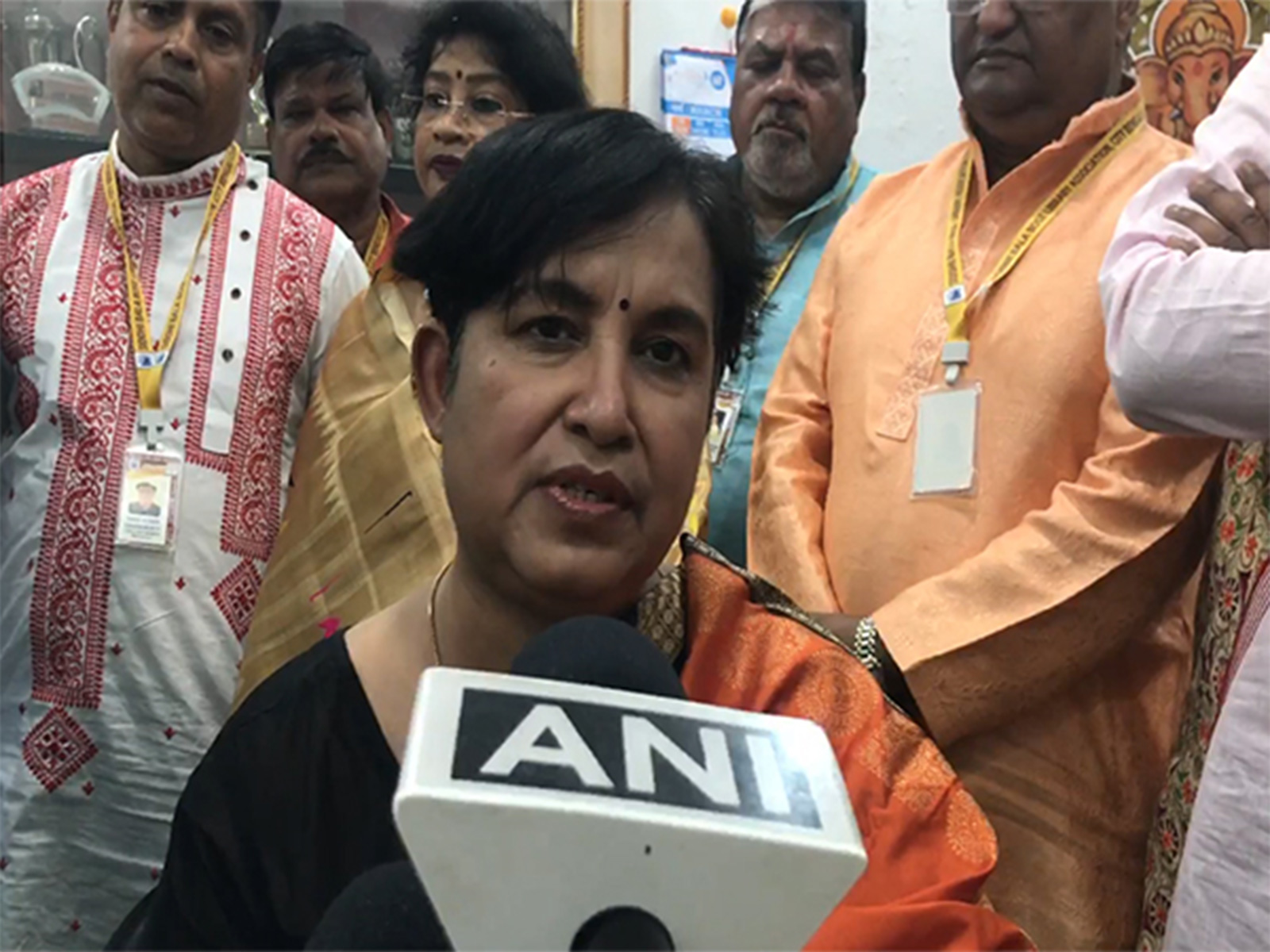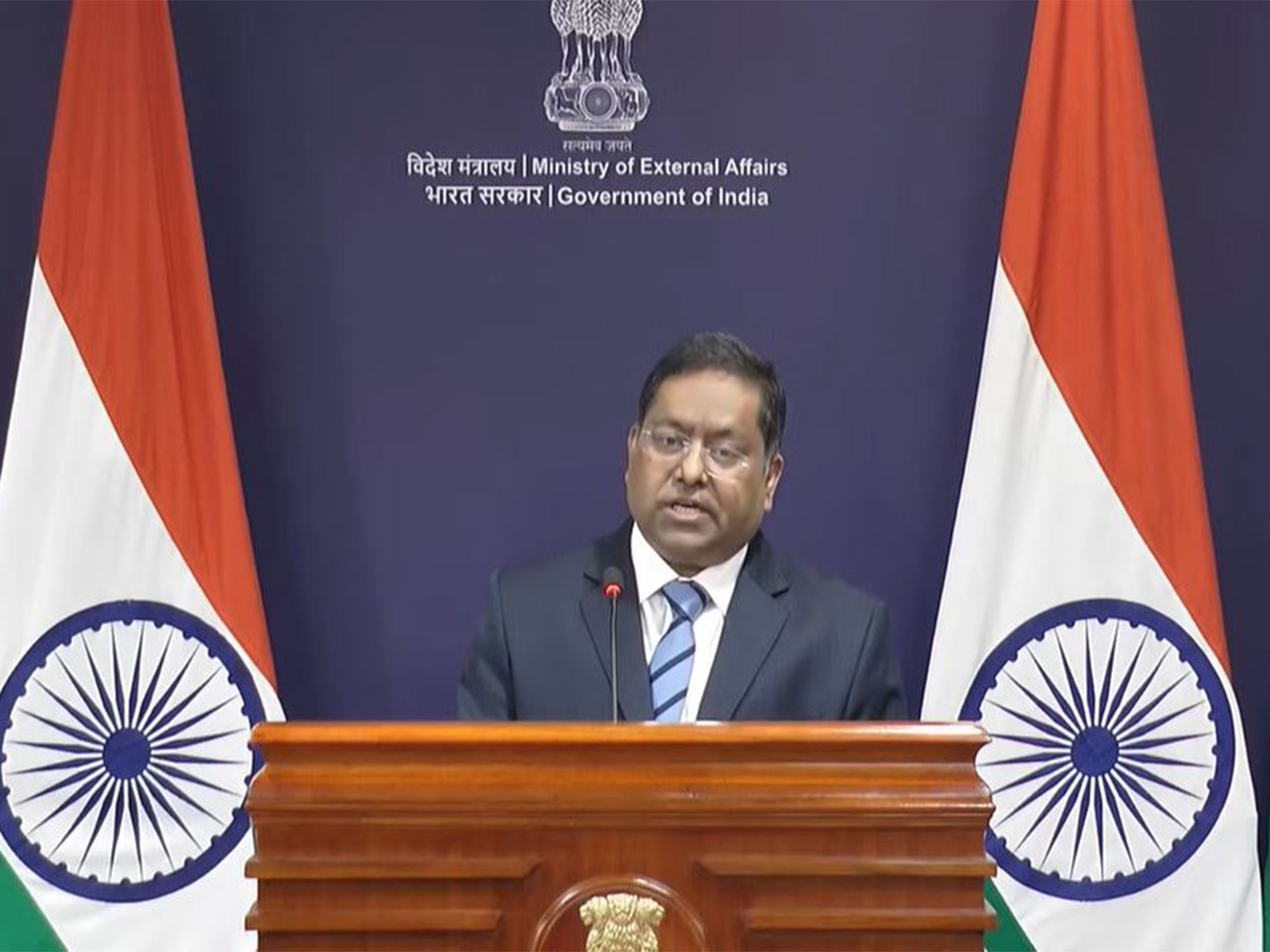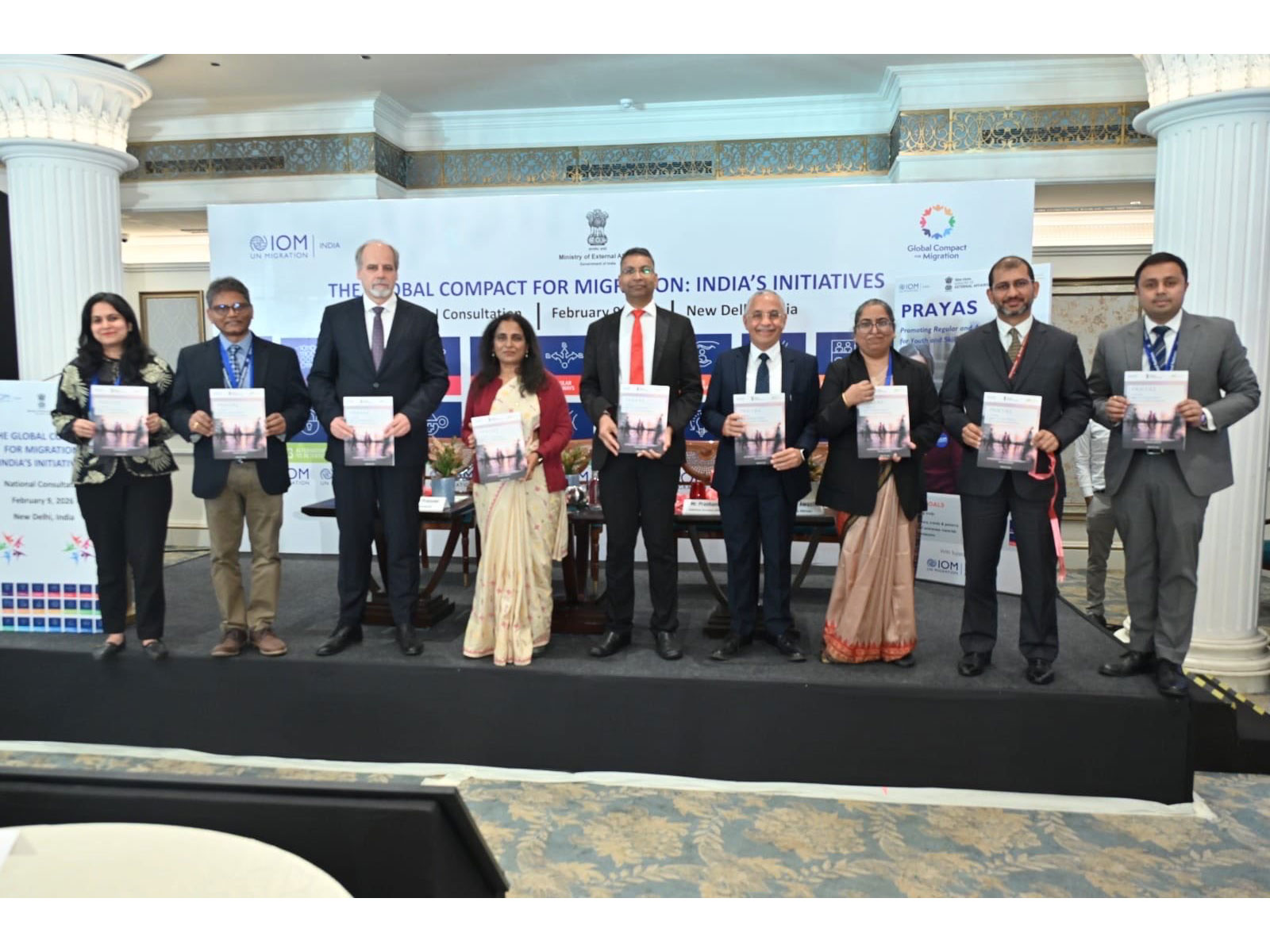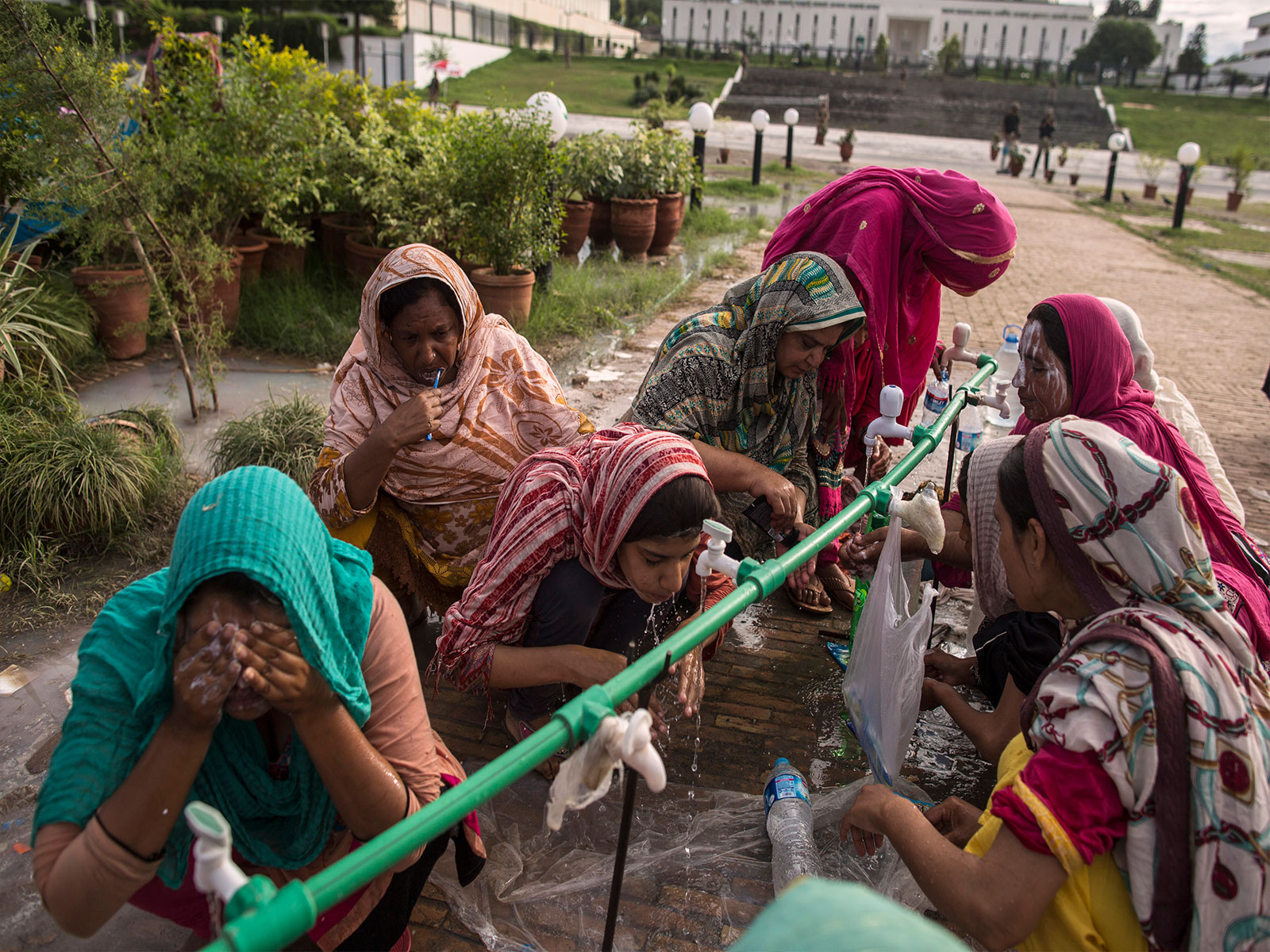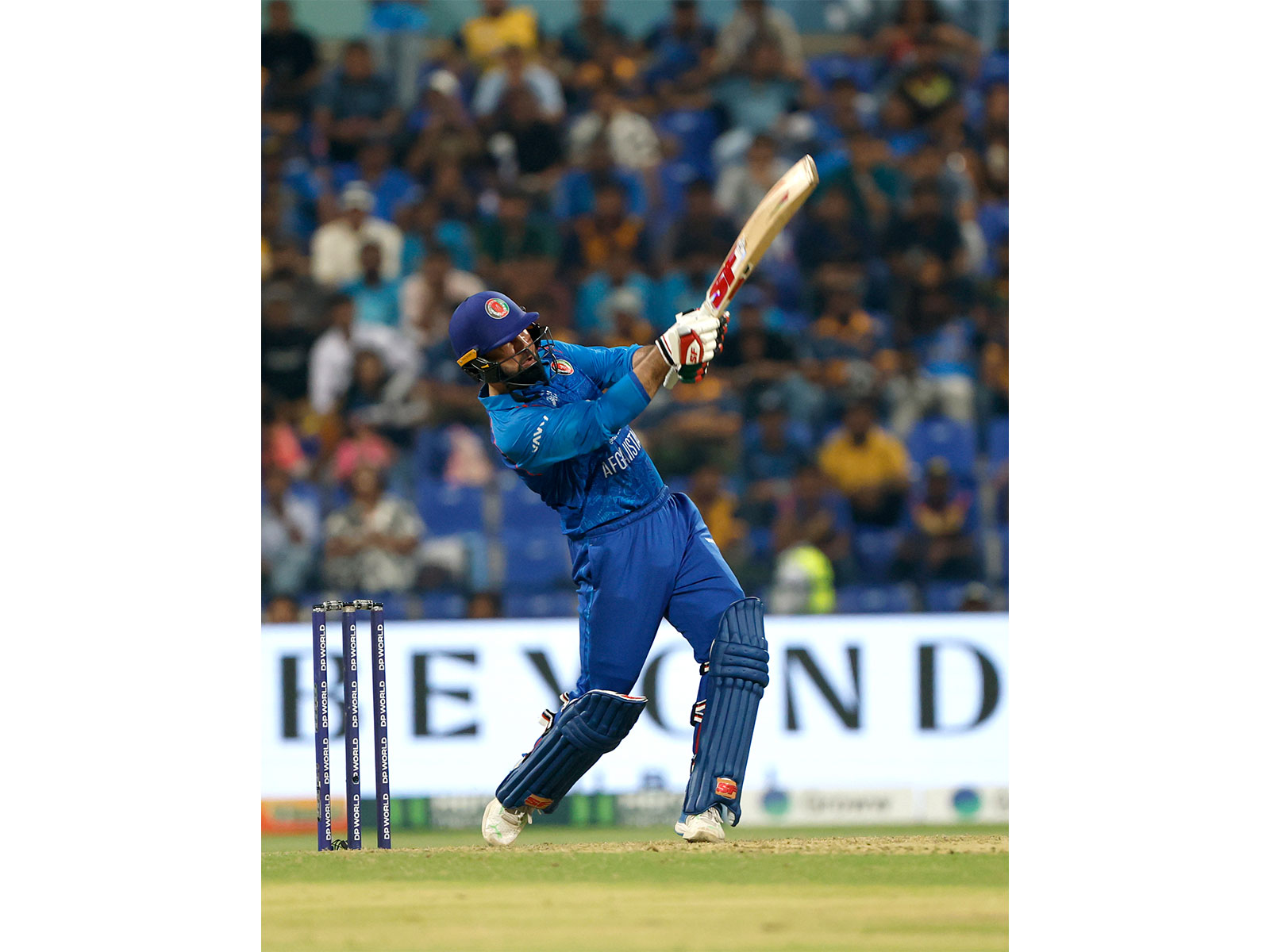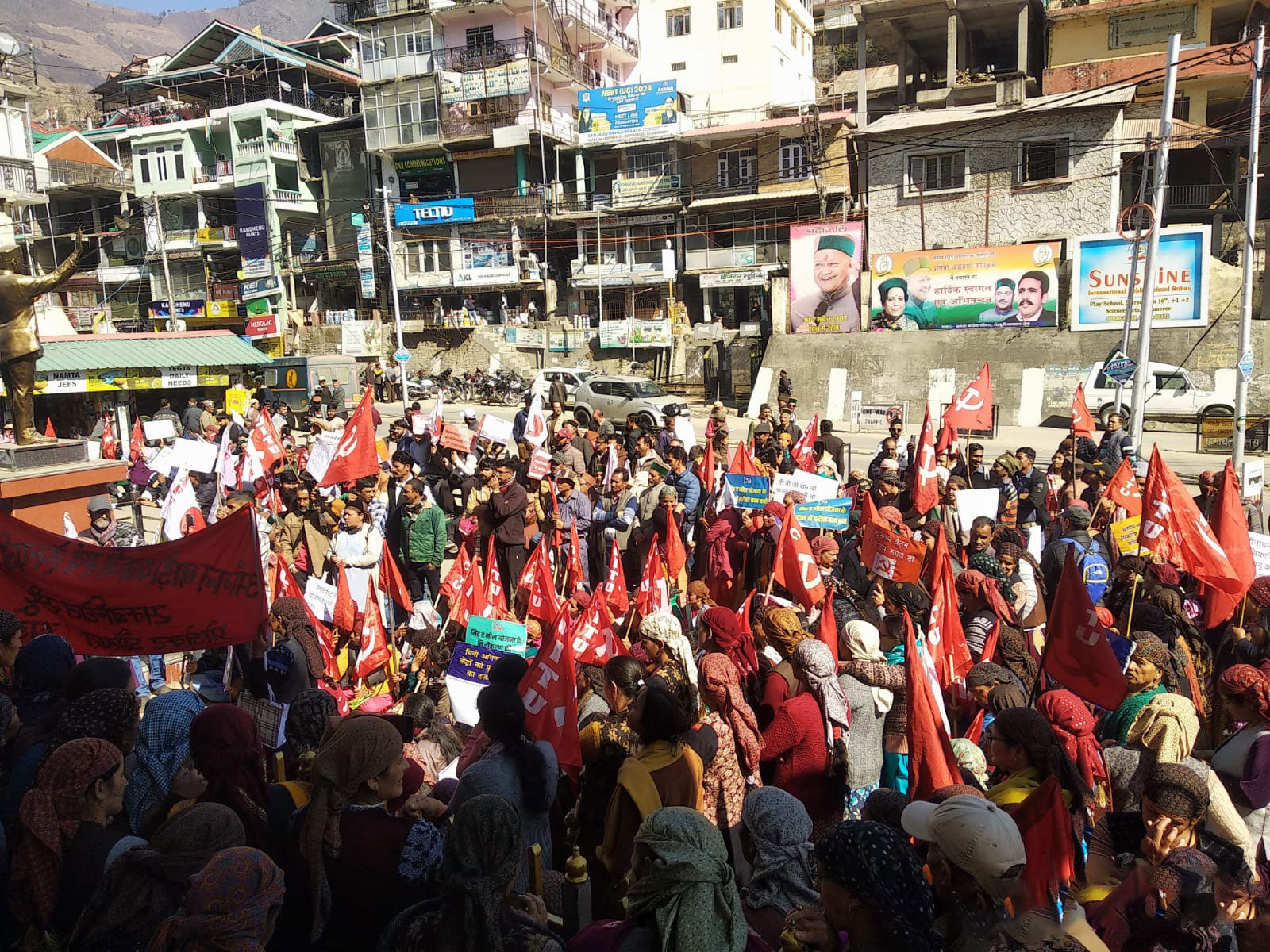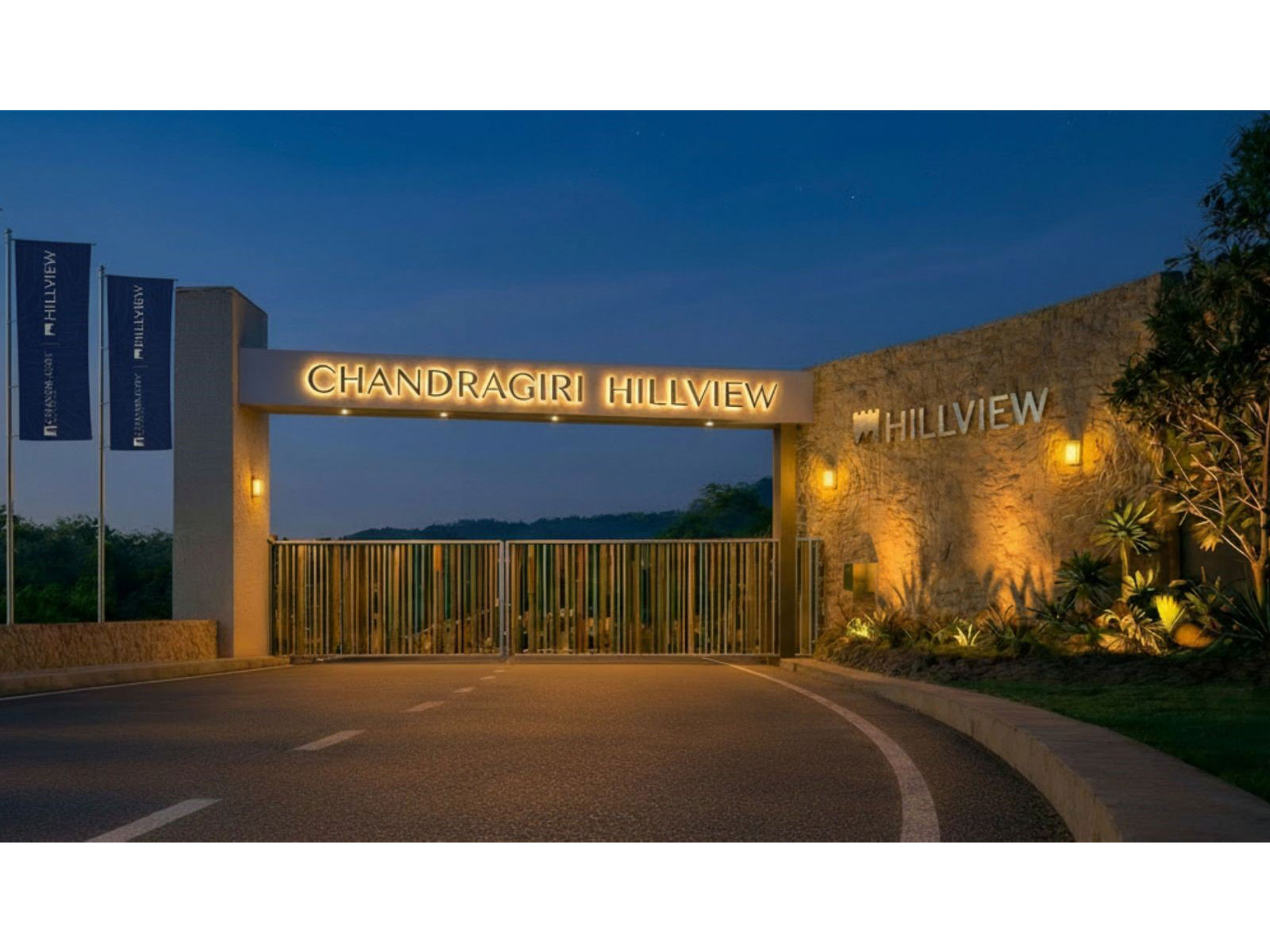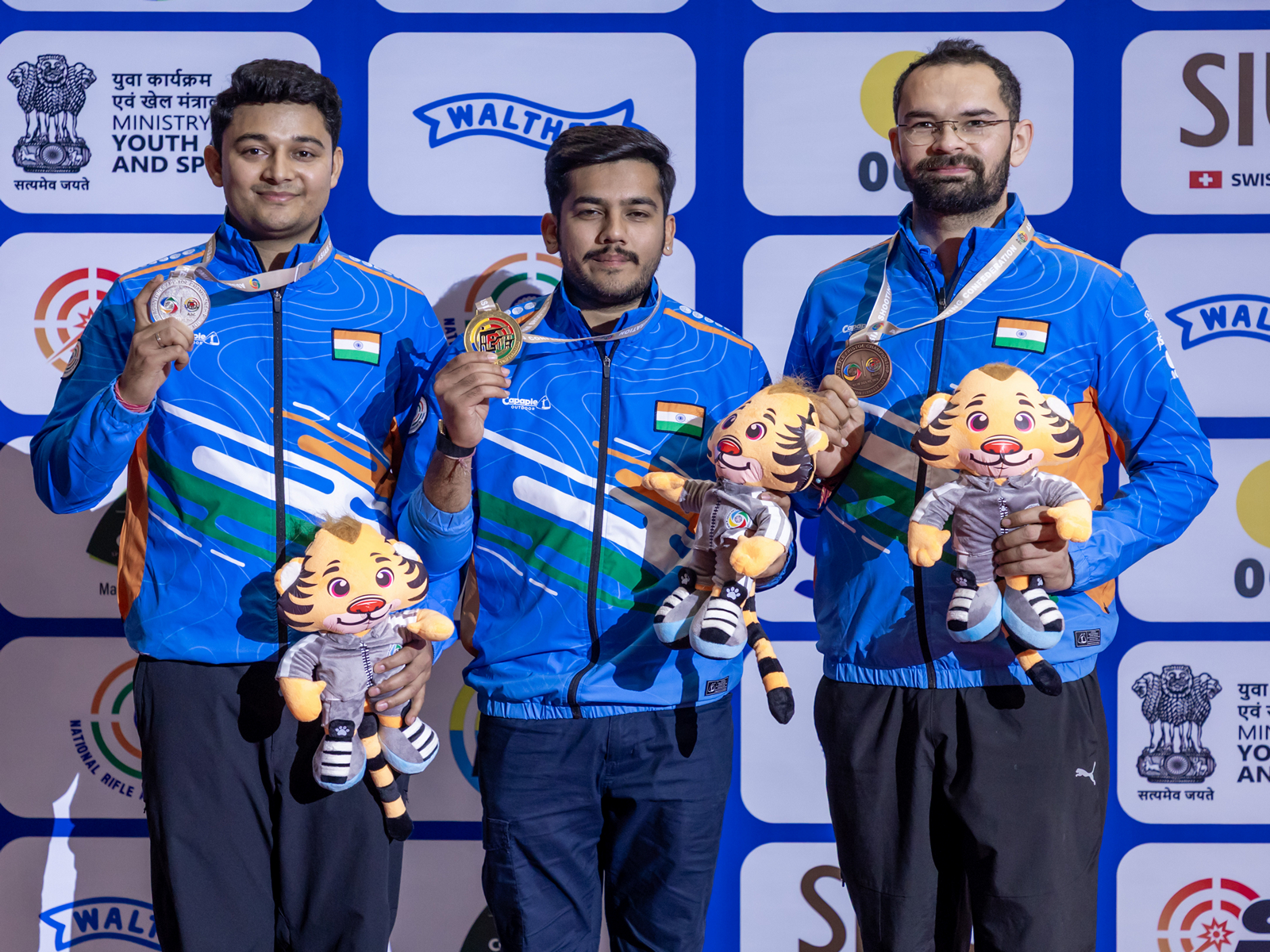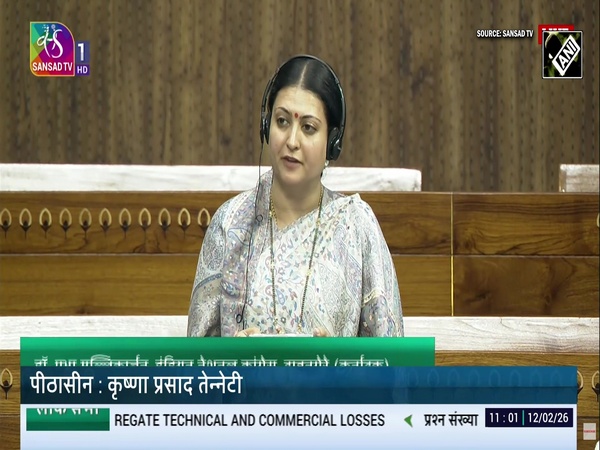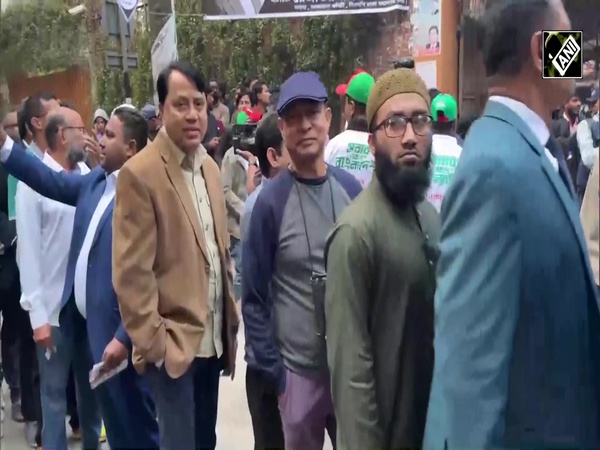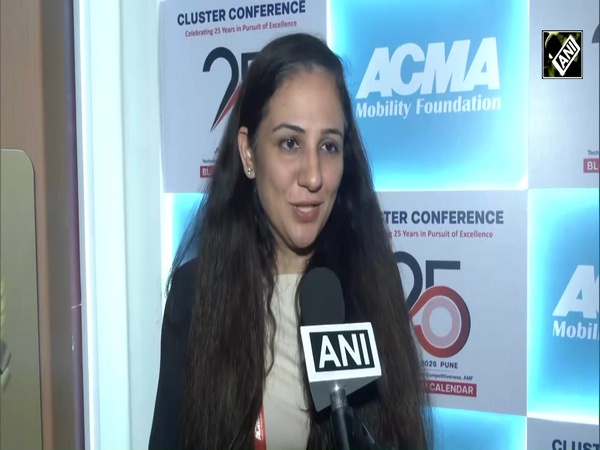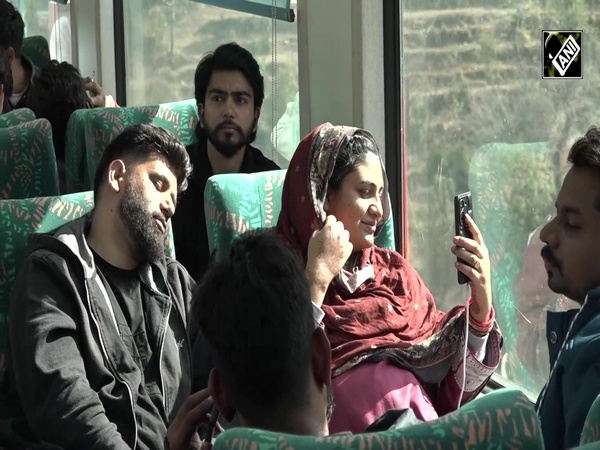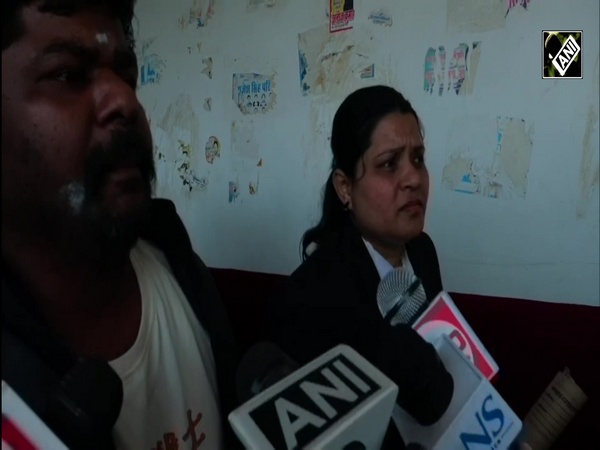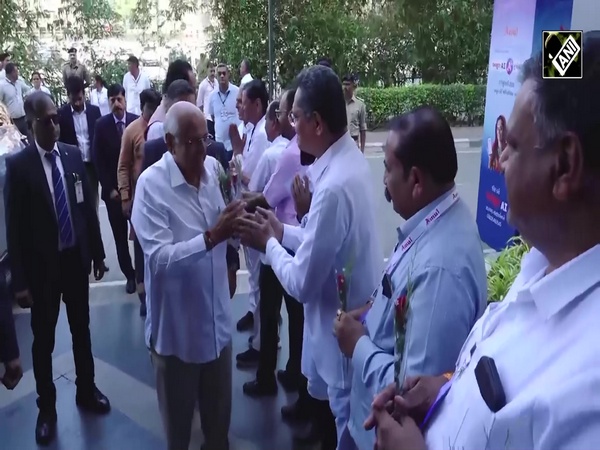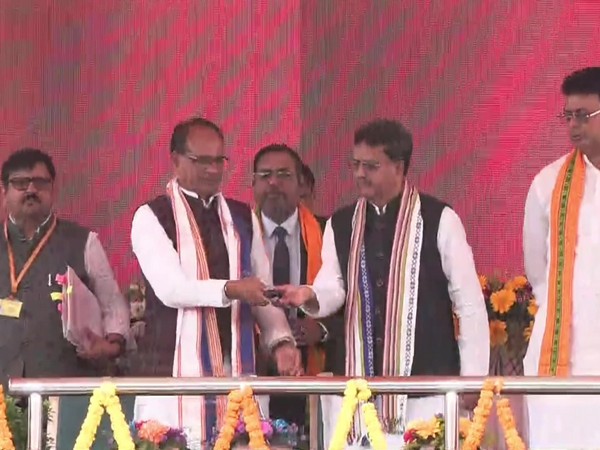'Germany's AfD party boycotted by media ahead of elections'
Feb 27, 2021

Berlin [Germany], February 27 (ANI/Sputnik): The Alternative for Germany (AfD) party, the country's largest right-wing parliamentary opposition force, calls on the German media to guarantee an objective and fair representation of the party ahead of several local and federal elections, AfD member Albert Breininger told Sputnik on Saturday, noting that the German government tries to stifle opposition through media control.
"We have upcoming elections to the landtag of Rhineland-Palatinate and Brandenburg and municipal elections in the State of Hesse. Our party and its program are completely ignored in the regional and state news, more often we are called undemocratic by the ruling elite and the political left. The government uses controlled media to silent the opposition. We demand a fair and objective coverage of the elections and urge the media and the authority not to limit the freedom of press and speech in the country," Breininger said.
He explained that there were state-owned media outlets financed by the government through mandatory tax paid by the German citizens.
"There are commercial channels, but they belong to a large media holding that has its own internal censors. At the regional level, the media can survive relying on the governmental subsidies," he said.
According to the politician, the only possibility for the party to share its views, especially when all meetings are banned due to the pandemic, is through the social media networks such as Facebook or Twitter.
Breininger, however, stressed that the German ruling elite also was trying to put pressure on Facebook, Twitter in order to remove inconvenient and opposition opinions.
The politician highlighted that the authorities started to monitor the Internet by sending so-called "notification letters" to 13 Internet platforms on behalf of Medienanstalt Berlin-Brandenburg, which is a Germany-based company that offers licensing and controlling services for commercial radio and TV stations.
The letters reminded about formal administrative procedures that could be imposed if the outlet found to be prone to revisionist and intolerant views.
The AfD strongly opposes censorship in the media and the Internet, the party member said.
Even though the trust in traditional media like TV or newspapers has fallen to record lows world wide over the past years, according to a poll published by Statista Research Department in October, Germans are still mostly optimistic about content they get -- as many as 63 percent said they trust either "a fair amount" or "a lot" what their TV news tells them.
At the same time, online news is treated with more skepticism -- the survey found that 48 percent of Germans trust news they get from the internet, compared to 46 percent who feel the opposite. (ANI/Sputnik)
